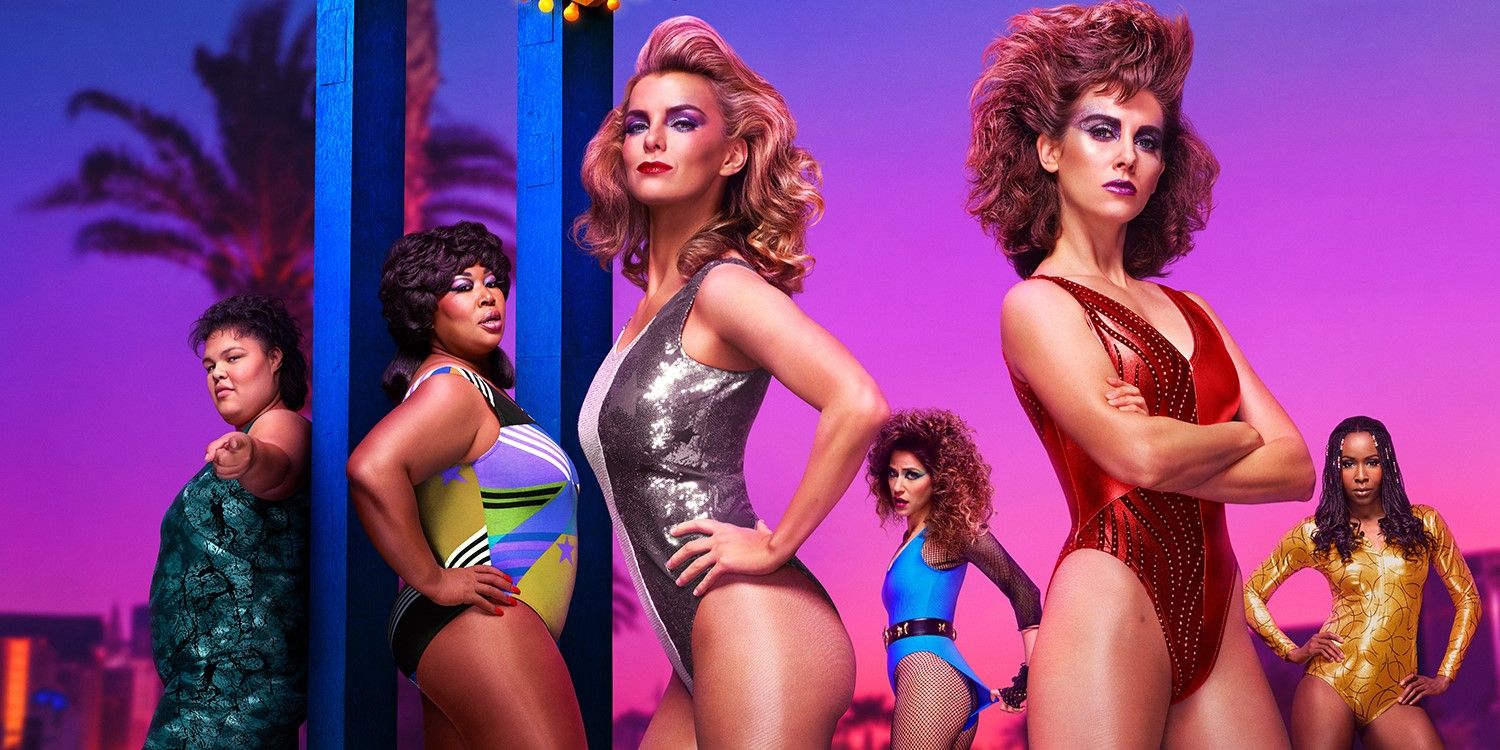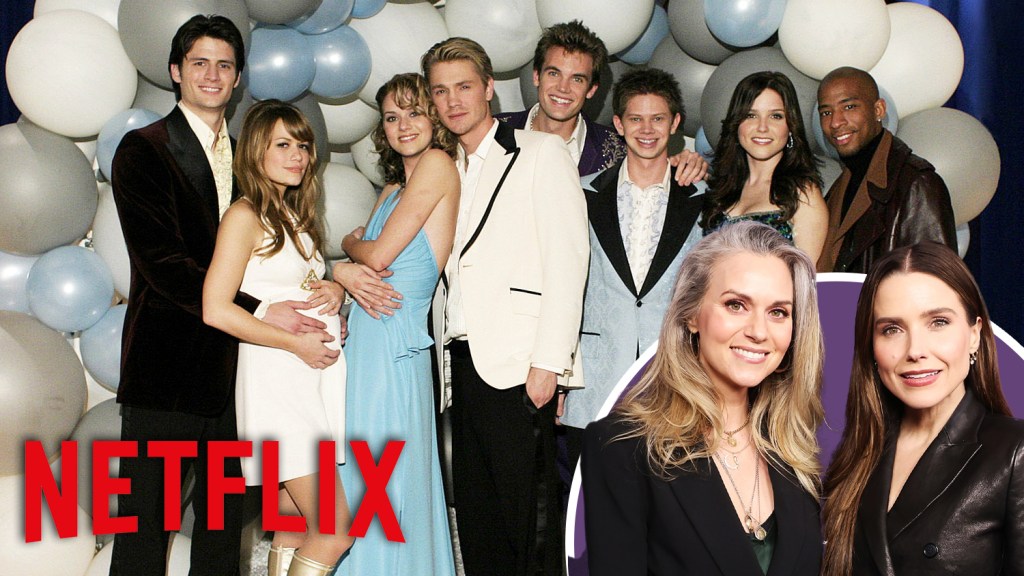GLOW's Cancellation: A Blow to Fans and a Missed Opportunity

The abrupt cancellation of Netflix's critically acclaimed series "GLOW" in 2020 still stings, leaving fans yearning for the promised fourth and final season. The show, created by Liz Flahive and Carly Mensch, captivated audiences with its unique blend of humour and heartwarming drama, chronicling the lives of a diverse group of women who find themselves united by their shared passion for wrestling.
"GLOW" (Gorgeous Ladies of Wrestling) follows the complex characters and interwoven storylines of a group of women seeking belonging and redemption in the 1980s. The show's heart lies in the tumultuous relationship between Ruth (Alison Brie), an aspiring actress, and Debbie (Betty Gilpin), a successful soap opera star, whose friendship crumbles after Ruth's affair with Debbie's husband. Their feud culminates in a cathartic wrestling match, setting the stage for a journey filled with personal growth, camaraderie, and a healthy dose of comedic violence.
The strength of "GLOW" lies in its nuanced portrayal of complex characters. While both Ruth and Debbie face personal struggles, the series encourages empathy for both women, despite their sometimes questionable actions. Debbie, fuelled by righteous anger, channels her frustrations through her wrestling persona, Liberty Bell, a heroic embodiment of American values. Ruth, on the other hand, embraces her inner darkness, transforming into Zoya the Destroya, the show's villain, a self-inflicted punishment for her past mistakes.
Beyond the central conflict, "GLOW" boasts a talented ensemble cast that brings depth and dimension to each character. From Carmen (Britney Young) â Machu Picchu, a wrestler from a family that initially forbade her from participating â to Rhonda (Kate Nash) â Britannica, an illegal immigrant seeking her place in America, each woman carries a unique story that resonates with viewers. The show also delves into the struggles of Sam (Marc Maron), the seasoned but jaded director, and Bash (Chris Lowell), the enthusiastic but naive producer, both grappling with their own internal conflicts.
The anticipation for a fourth and final season was high, with the promise of a satisfying conclusion to the show's complex narratives. The third season ended with a bittersweet farewell, but hinted at a triumphant return for the Gorgeous Ladies of Wrestling, with Debbie and Bash aiming to bring the show to television. Netflix had greenlit the final season in 2019, leaving fans eager to witness the group's journey from underdogs to TV stars.
However, the COVID-19 pandemic abruptly halted production, leaving the final season unfinished. While the cast and producers, including Ellen Wong, Shakira Barrera, and Kia Stevens, had successfully advocated for more meaningful storylines for their characters in the upcoming season, Netflix's subsequent decision to cancel the show in October 2020 left fans devastated.
The absence of a proper conclusion for "GLOW" remains a source of disappointment for many viewers. The show's cancellation, amidst the bleakness of the pandemic, felt like a cruel blow, robbing fans of the opportunity to witness the characters' full arcs. While the third season provided a satisfying, if slightly ambiguous, ending, the fourth season was poised to offer a triumphant and emotional closure.
Despite the disappointment, "GLOW" remains a cherished series, a testament to the power of female storytelling and the beauty of finding solace and empowerment within a chosen family. The three seasons available on Netflix offer a glimpse into the world of "GLOW," its humour, its heartbreak, and its ultimately hopeful message of finding your voice and fighting for your place in the world, both inside and outside the wrestling ring.





